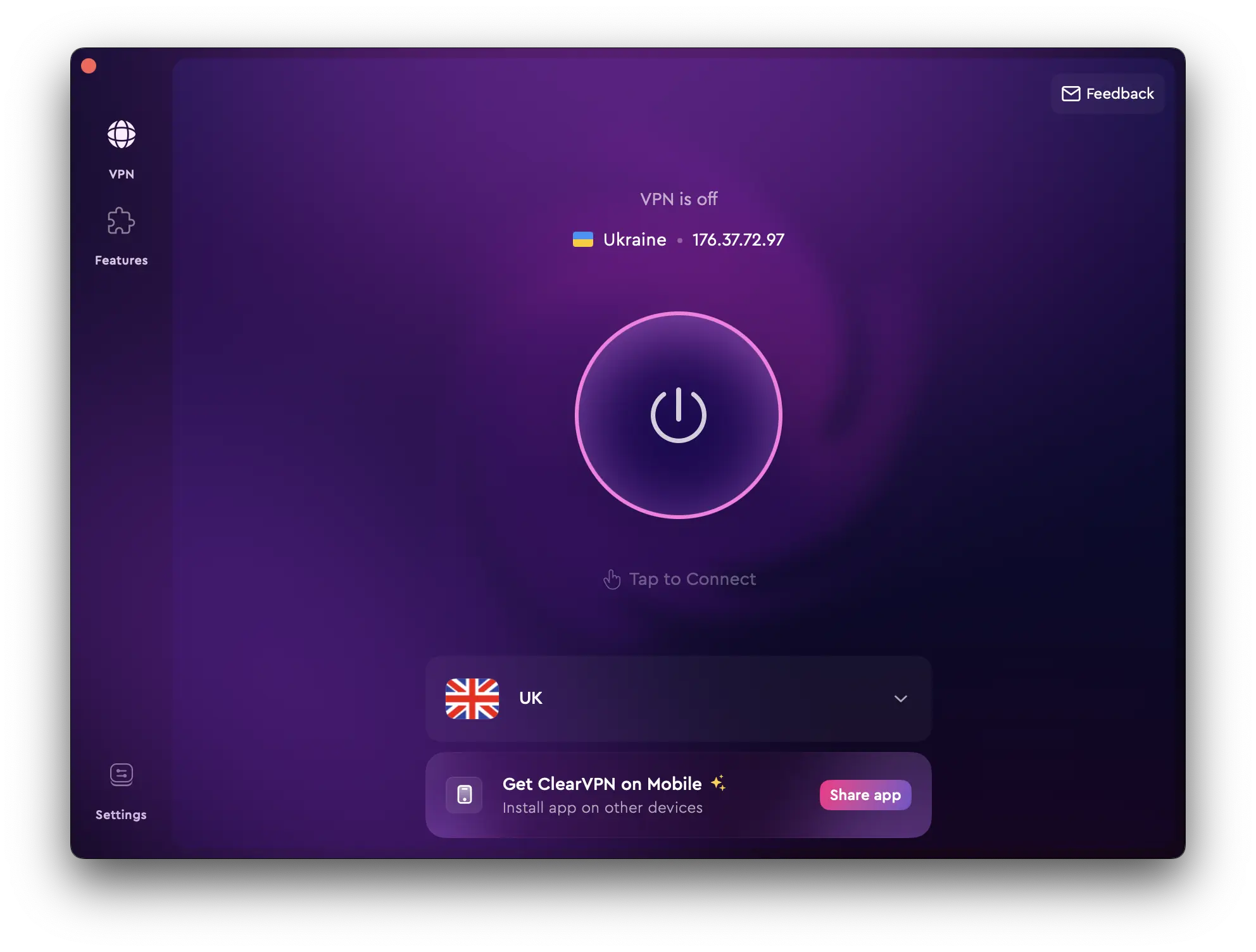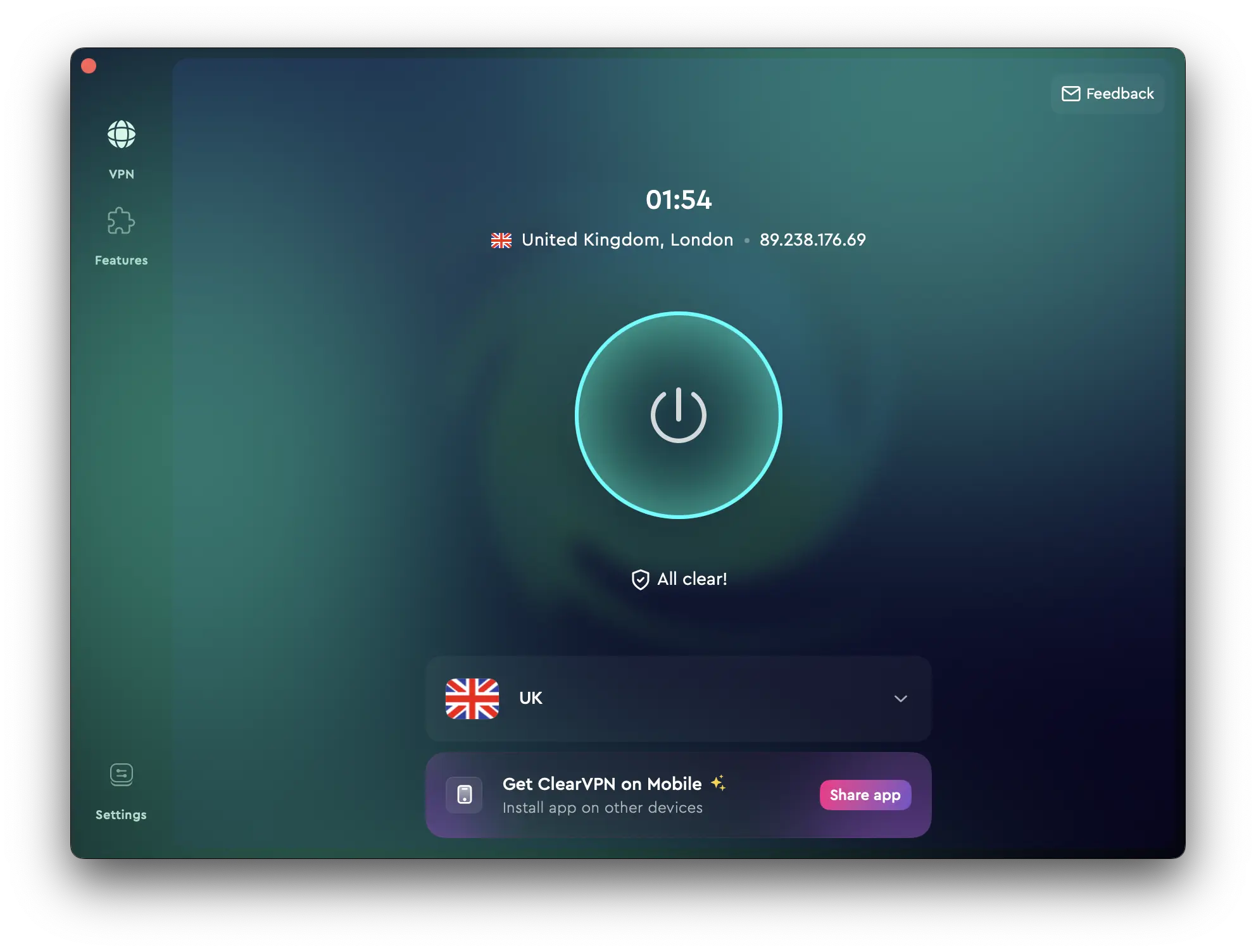It’s no secret that schools keep a close eye on what students do online. Whether monitoring for cyberbullying or simply making sure students are staying on task, many school wifi networks track browsing activity and store it in a central database.
For students who value their privacy, this can be a significant concern. Thankfully, there is a way to get around this and keep your Internet activities private.
Let’s get right to it!
Can schools track your Internet activity?
The short answer is yes; schools can track your Internet activity. This is especially true if you’re using a school-provided device or the school wifi network.
When it comes to tracking, there are two main ways that schools can do this:
- Monitoring traffic: This is done by looking at the data sent and received by devices on the network. This includes web browsing history, social media activity, and email content.
- Using filtering software: This is specifically designed to track and block certain types of Internet traffic. It can block websites, limit search results, and more.
Now that we’ve established how schools can track Internet activity, you might be wondering what you can do about it? Perhaps there is an app to bypass school wifi and keep your activity private?
The easiest and most effective way to keep your browsing private is to use a VPN for school wifi. How exactly is this so?
VPN stands for Virtual Private Network. It’s a type of software that allows you to connect to the Internet through a secure and encrypted connection. This means that your data is hidden from prying eyes, including your school’s wifi network.
Why you need a VPN for school WiFi
There are a few reasons you might want to use a VPN for school wifi. For one thing, it can help you keep your browsing history private. As we’ve already established, schools can track your Internet activity. This includes things like the websites you visit and the searches you perform.
If you’re worried about your school seeing what you’re up to online, a VPN for school can help. By encrypting your traffic, a VPN prevents your school from being able to see what you’re doing. VPNs can also help you unblock websites and apps. Many schools block specific websites and apps that they deem to be inappropriate. However, this isn’t always the case.
Sometimes, schools block websites and apps that are perfectly harmless. If you’re trying to access a website or app that’s been blocked, a VPN can help. By connecting to a server in another location, you can bypass your school’s restrictions and access the content you want.
Last but not least, a VPN can prove invaluable when it comes to online security. For example, when you’re connected to a public wifi network, you’re at risk of having your data intercepted by hackers. This is especially true if the network is unsecured.
If you’re using your school’s wifi network, there’s a good chance it’s unsecured. Anyone on the same network can snoop on your traffic and steal your personal information. A VPN can protect you from this by encrypting your traffic. This makes it much harder for hackers to intercept and read your data.

How to use a school VPN
At this point, you might be wondering how you can use a school VPN. The good news is that it’s actually straightforward. All you need to do is sign up for a VPN and install the app on your device.
You can get started by following a few simple steps:
- The first step is registering for an account with your chosen VPN service. In this case, we head over to the ClearVPN website and sign up. Fill in the details, such as your name and email address. You’ll then get a username and password that you can use to log on to their VPN service.
- The next step is to download and install the VPN app on your device. In the case of ClearVPN, it supports most devices, including Windows PC, Mac, Android, and iOS smartphones and tablets.
- Once installed, all you have to do is run the VPN app on your device. You’ll then be asked to log in with your username and password.
- At this point, you should now be logged in and looking at the ClearVPN main. Now all you need to do is click on a big juicy button in the middle.

- That’s it! Your connection is now anonymous, and your school wifi is no longer able to monitor your internet activities.

Can my school track my Internet activity?
Yes, your school can track your Internet activity. Most schools have a policy where they can track any online activity that takes place on their campus network.
Schools want to make sure that students use the Internet for educational purposes only and not for recreational activities like watching Netflix or playing games. Schools also want to be able to monitor any websites that might be inappropriate for students.
So if you’re using the school’s wifi network, your school can see what you’re doing online.
Can schools detect VPNs?
No. Schools can’t detect VPNs because they cannot see inside the encrypted traffic.
VPNs work by creating a secure tunnel between your device and the VPN server. This encrypted tunnel masks your real IP address, so schools can’t see what websites you’re visiting or what files you’re downloading.
Schools may be able to detect that you’re using a VPN, but they won’t be able to tell which one you’re using or where you are connecting from. Just make sure to choose a reputable provider with solid security features.
Сan schools see your search history?
Yes, schools can see your search history, but they usually won’t unless they have a reason to suspect you of something. Most schools have policies that allow them to monitor students’ online activity, and they can access your search history if they suspect you of doing something wrong.
But don’t worry — most schools are more interested in preventing cyberbullying and other harmful activities than monitoring students’ browsing habits. So as long as you’re not doing anything illegal or inappropriate online, your school shouldn’t be interested in what you’re searching for.
Still, if you’re not comfortable with this fact, then you can always use a VPN to encrypt your traffic and prevent your school from being able to see what you’re doing online.
Indeed, using a VPN is the perfect solution if you don’t want your school to be privy to all of the websites you visit (and who could blame you). And, if that isn’t enough incentive, using a VPN will also keep your data safe from hackers and identity thieves. So what are you waiting for? Get yourself a good VPN service like ClearVPN and start browsing in privacy!
For more privacy and security tips subscribe to our blog!
